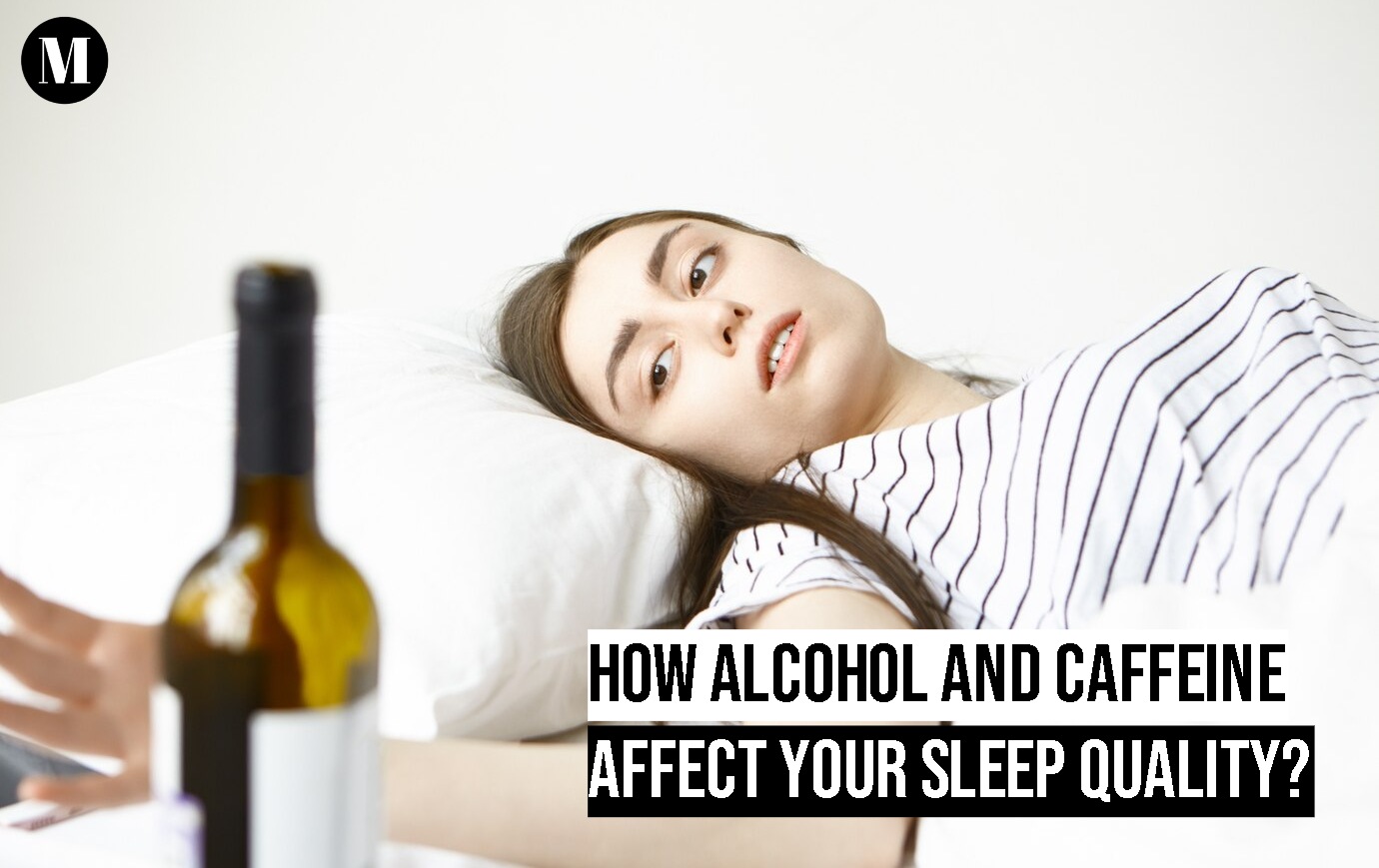Sleep is essential for overall health, yet many people struggle to get enough rest. While factors like stress, screen time, and lifestyle habits all influence sleep, two of the most common disruptors are alcohol and caffeine. These substances are widely consumed, but they can significantly impact the quality of your sleep, often in ways you might not realize. Understanding how they affect your body can help you make better choices for a restful night.
How Caffeine Disrupts Your Sleep Cycle
Caffeine is a stimulant found in coffee, tea, soda, and energy drinks. It works by blocking adenosine, a chemical in the brain that promotes sleepiness. While caffeine can help you feel more alert during the day, consuming it too late can interfere with your ability to fall asleep at night.
The half-life of caffeine is about five to six hours, meaning that even hours after your last cup of coffee, a significant amount remains in your system. Drinking caffeine in the afternoon or evening can delay the onset of sleep, reduce total sleep time, and decrease deep sleep, the most restorative stage of sleep. Over time, this can lead to chronic sleep deprivation, making you feel tired during the day and more dependent on caffeine to stay awake.
For better sleep, it’s recommended to avoid caffeine at least six hours before bedtime. If you are sensitive to caffeine, switching to herbal tea or decaf options in the afternoon may help improve sleep quality.
The Hidden Ways Alcohol Affects Your Sleep
Many people believe that alcohol helps them sleep better because it makes them feel drowsy. While alcohol can make it easier to fall asleep initially, it actually disrupts sleep later in the night. Alcohol affects sleep in several ways, including reducing REM sleep, increasing nighttime awakenings, and causing more frequent trips to the bathroom.

REM sleep is the stage of sleep associated with dreaming, memory consolidation, and emotional processing. Alcohol suppresses REM sleep, leading to lighter, less restorative sleep. This is why people who drink before bed often wake up feeling groggy or unrested, even if they slept for a full eight hours.
Alcohol also relaxes the muscles in the throat, which can worsen snoring and increase the risk of sleep apnea. This can further contribute to poor sleep quality and daytime fatigue. While an occasional drink may not cause major sleep problems, regular alcohol consumption before bed can create a cycle of disrupted sleep that affects overall health.
Combining Alcohol and Caffeine: A Recipe for Sleep Trouble
Some people consume alcohol and caffeine together, whether it’s drinking coffee after dinner or having an energy drink mixed with alcohol. This combination can be particularly disruptive to sleep. Caffeine can mask the sedative effects of alcohol, making it easier to drink more without feeling tired. This can lead to excessive alcohol consumption, further worsening sleep quality.
Additionally, caffeine’s stimulating effects can persist even after alcohol starts making you drowsy. This conflicting effect can result in restless sleep, increased awakenings, and feeling exhausted the next day. If you want better sleep, it’s best to avoid consuming both caffeine and alcohol in the hours leading up to bedtime.
Tips for Better Sleep Without Alcohol and Caffeine
If you want to improve your sleep, consider making adjustments to your caffeine and alcohol intake. Limiting caffeine to the morning and early afternoon can help prevent it from interfering with sleep. Switching to herbal teas or warm milk in the evening can provide a calming effect without stimulating the nervous system.
For alcohol, try to stop drinking at least three hours before bedtime to allow your body time to metabolize it. Drinking water alongside alcohol can also help reduce its dehydrating effects, which can contribute to sleep disturbances.
Creating a bedtime routine that promotes relaxation, such as reading, meditating, or taking a warm bath, can further improve sleep quality. Making small changes to your daily habits can lead to more restful nights and better overall health.
Understanding how alcohol and caffeine impact sleep can help you make informed choices about your consumption. While both substances have their place in daily life, being mindful of when and how much you consume can make a significant difference in the quality of your sleep.











